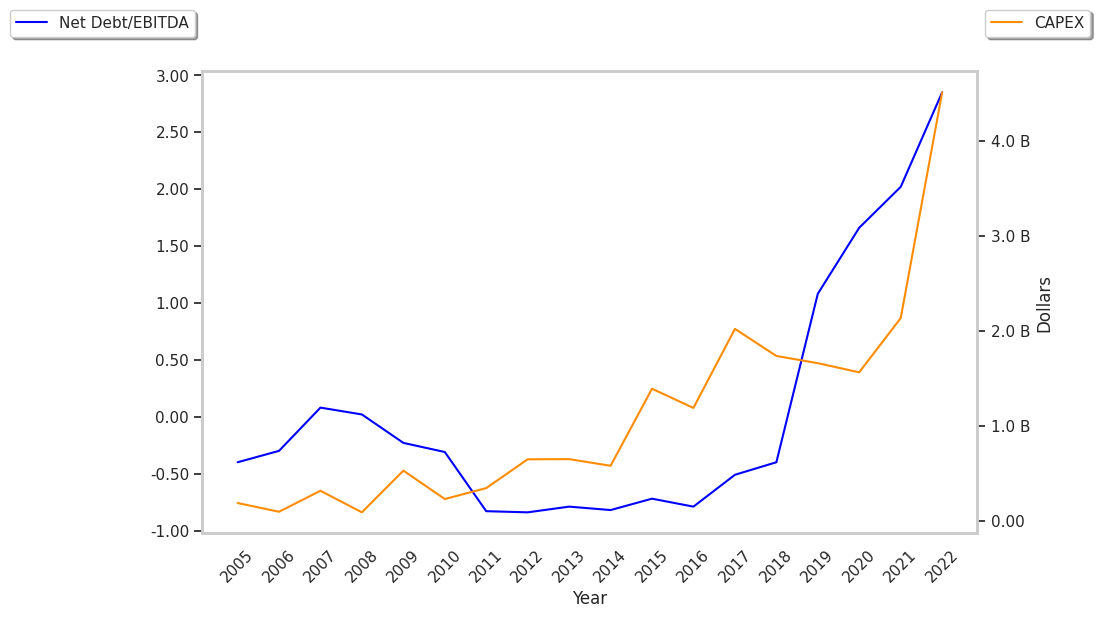Shares of Technology sector company Oracle moved 0.8% today, and are now trading at a price of $105.79. The large-cap stock's daily volume was 3,885,763 compared to its average volume of 9,383,223. The S&P 500 index returned a 0.0% performance.
Oracle Corporation offers products and services that address enterprise information technology environments worldwide. The company is based in Austin and has 164,000 full time employees. Its market capitalization is $290,808,266,752. Oracle currently offers its equity investors a dividend that yields 1.5% per year.
25 analysts are following Oracle and have set target prices ranging from $91.78 to $137.67 per share. On average, they have given the company a rating of buy. At today's prices, ORCL is trading -9.13% away from its average analyst target price of $116.42 per share.
Over the last year, ORCL's share price has increased by 29.7%, which represents a difference of 5.7% when compared to the S&P 500. The stock's 52 week high is $127.54 per share whereas its 52 week low is $79.43. Oracle's average free cash flow over the last 6 years has been $10.89 Billion, but they have been decreasing at an average rate of -12.6%. This may prove a challenge to the long term sustainability of the stock's upwards trend.
| Date Reported | Cash Flow from Operations ($ k) | Capital expenditures ($ k) | Free Cash Flow ($ k) |
|---|---|---|---|
| 2023 | 17,165,000 | 8,695,000 | 8,470,000 |
| 2022 | 9,539,000 | 4,511,000 | 5,028,000 |
| 2021 | 15,887,000 | 2,135,000 | 13,752,000 |
| 2020 | 13,139,000 | 1,564,000 | 11,575,000 |
| 2019 | 14,551,000 | 1,660,000 | 12,891,000 |
| 2018 | 15,386,000 | 1,736,000 | 13,650,000 |



